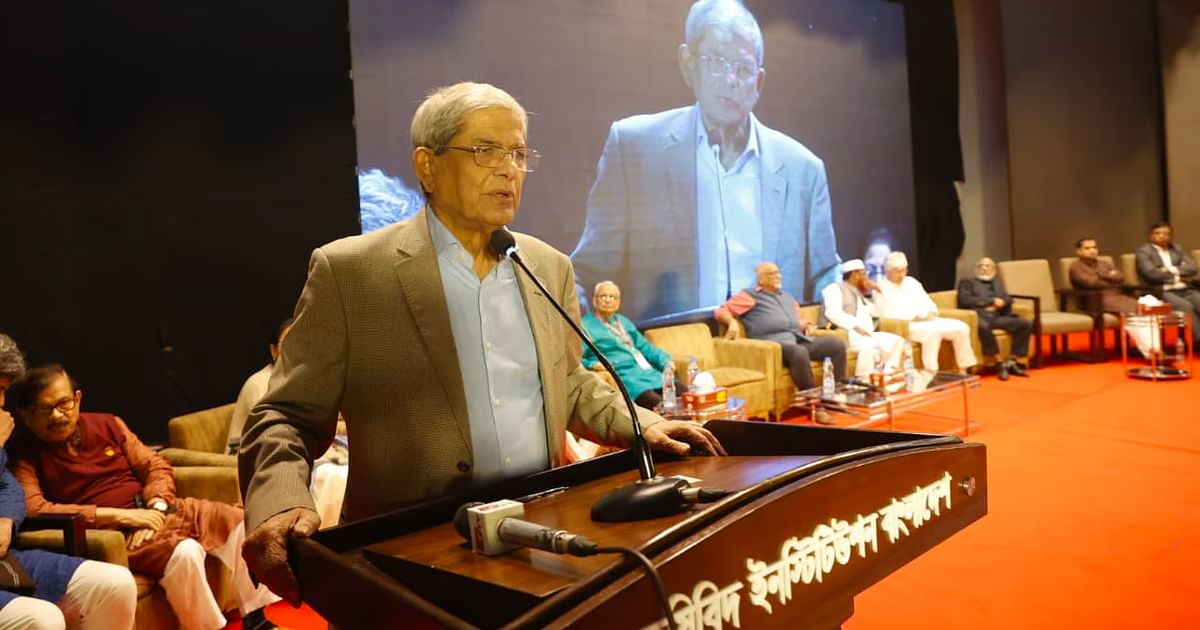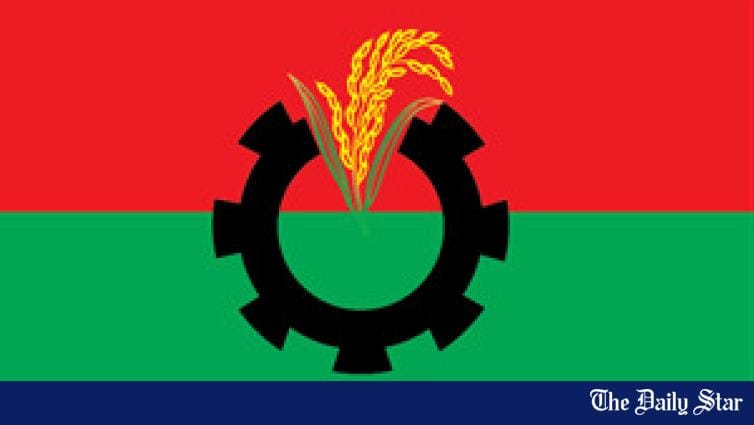BNP wants to reinstate caretaker govt system
Says Tarique

File photo of Tarique Rahman
BNP acting chairman Tarique Rahman yesterday said their party is willing to bring back the caretaker government system for elections to ensure the restoration of the people's voting rights.
"We want to reinstate the caretaker government system in the constitution to restore the people's right to vote," he said while exchanging views with BNP grassroots leaders and activists of Khulna division.
Stating that Bangladesh belongs to its citizens, the BNP leader said it is the people's justified democratic right to elect their representatives through the independent exercise of their voting rights.
He said the BNP introduced the caretaker government system in the constitution in 1996, replacing a partisan government, to safeguard the people's right to vote and ensure free and fair elections in the country.
"But in order to hang onto power, autocratic [Sheikh] Hasina removed it from the constitution and deprived the people of voting rights in three national elections," Tarique mentioned.
The BNP leader outlined the main objectives of their party's politics as ensuring security of the people, upholding freedom of speech, protecting the right to do business and trade peacefully, providing employment for youth, safeguarding the dignity and security of women, guaranteeing equal rights for all citizens regardless of religion, caste, or creed, whether they live on plains or hills, and establishing the rule of law throughout the country.
Tarique said the BNP's priorities also include ensuring a balance of power between the judiciary and executive branches, providing universal healthcare facilities, ensuring fair prices for agricultural products, and, above all, protecting the country's independence and sovereignty.
The BNP leader warned that their party will not tolerate any imprudent actions by a few wayward individuals within the party, regardless of who they are.
Tarique asked his party leaders to identify and resist those who dent the image of the party by not only expelling them from the party but also taking legal action against them.
Says Tarique
File photo of Tarique Rahman
BNP acting chairman Tarique Rahman yesterday said their party is willing to bring back the caretaker government system for elections to ensure the restoration of the people's voting rights.
"We want to reinstate the caretaker government system in the constitution to restore the people's right to vote," he said while exchanging views with BNP grassroots leaders and activists of Khulna division.
Stating that Bangladesh belongs to its citizens, the BNP leader said it is the people's justified democratic right to elect their representatives through the independent exercise of their voting rights.
He said the BNP introduced the caretaker government system in the constitution in 1996, replacing a partisan government, to safeguard the people's right to vote and ensure free and fair elections in the country.
"But in order to hang onto power, autocratic [Sheikh] Hasina removed it from the constitution and deprived the people of voting rights in three national elections," Tarique mentioned.
The BNP leader outlined the main objectives of their party's politics as ensuring security of the people, upholding freedom of speech, protecting the right to do business and trade peacefully, providing employment for youth, safeguarding the dignity and security of women, guaranteeing equal rights for all citizens regardless of religion, caste, or creed, whether they live on plains or hills, and establishing the rule of law throughout the country.
Tarique said the BNP's priorities also include ensuring a balance of power between the judiciary and executive branches, providing universal healthcare facilities, ensuring fair prices for agricultural products, and, above all, protecting the country's independence and sovereignty.
The BNP leader warned that their party will not tolerate any imprudent actions by a few wayward individuals within the party, regardless of who they are.
Tarique asked his party leaders to identify and resist those who dent the image of the party by not only expelling them from the party but also taking legal action against them.








































